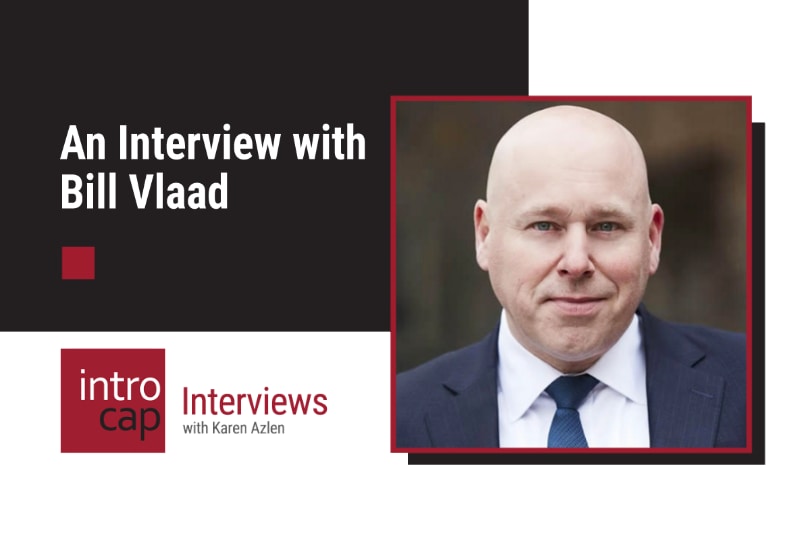Communication is the key to successful job negotiations, particularly on sensitive issues like compensation. For any candidate, that means being open, approachable, and positive–the right vibe helps you avoid going off the rails. There is much to consider in negotiating an offer, but clear communication and appropriate tone can bridge the gap between what you want and what you wind up getting.
Observe tone and tenor
Compensation discussions require diplomacy on the part of those hiring and being hired alike. No candidate wants to appear intransigent or to be putting the cart (pay) before the horse (role). Personality and likeability help pave the way. You can navigate these discussions more smoothly if you stay open and approachable. There’s a big difference in tone between “I must have x” and “Can we look at x?” Consider the full package if the role interests you and ask about other aspects such benefits, vacation, and signing bonuses, which are all part of the equation.
Know the market and your worth within it
You might perceive your value differently than perspective employers do. Know the conditions of the market and your area within it. What is the demand at your skill level and within the specific sector? Have there been layoffs or shortages in the industry? What are typical salary bands and prevailing trends? Are there regulatory changes afoot that are moving the goalposts? It’s not always about how much you earned before.
This is another instance where access to a recruiter can reap benefits. You may have a good sense of your intrinsic value as an employee, but a recruiter will normally be a better gauge of the employer’s needs and the conditions of the market.
Apply leverage prudently
Of course, negotiating skill also depends on leveraging you position where appropriate. Your talents, the employer’s needs, and the context of the market all play a part here. It’s OK to imply that you are considering other options or to highlight issues important to you, as this is consistent with being open. But negotiating in good faith implies respect for the employer’s situation as well. If you know the hiring party has an urgent need, don’t delay your responses intentionally as a tactic or create unnecessary roadblocks to buy time. This becomes obvious and can quickly end the conversation. If an offer is presented, bring up key points promptly so that they can be addressed right away.
Be aware of the shifting legal landscape
Depending on your jurisdiction, the law regarding disclosure of salary info is changing for both employer and employee. In Ontario, for example, publicly-advertised job postings are required to show a salary range and employers cannot prevent employees from discussing compensation with peers. At the same time, some jurisdictions are prohibiting potential employers from asking job candidates about their previous compensation.[i]
Get a written offer with all terms included
On a more formal note, it’s never a good idea to accept a verbal offer from a new employer. It’s perfectly fine to express your appreciation and that you look forward to reviewing the offer letter. Practically speaking, you can’t evaluate an offer properly until you’ve seen the full package in one document with all its pros and cons. Seeing the entire proposal in writing first enables you to modify or counter the offer without appearing to backtrack.
Use the recruiter as a buffer
If you’re working with a recruiter, it’s often easier to be transparent with them up front, without having to raise delicate compensation issues with the employer too early and risking a negative impression. You can speak frankly with the recruiter, and gain clarity to help align pay expectations between you and the employer from the outset.
How, when, and with whom
Don’t be afraid to raise the money issue during your discussions, as it may be more awkward to broach after the offer arrives. However, it’s critical to know how, when, and with whom to engage. Know your worth within the market, but pay special attention to your tone. Remember that the recruiter can be an important buffer on matters of compensation, which can avoid ruffled feathers on both sides. Keep the lines of communication open, and be aware that drawing a hard line in the sand might just confine you to your own side!



